

Whys' and What's
For many Canadians, managing chronic health conditions like pain, anxiety, sleep disorders, or the side effects of chemotherapy can feel like a frustrating cycle of trial and error. Prescription medications don’t always offer lasting relief — and for some, the side effects can be just as difficult as the symptoms themselves. That’s why more people across Canada, particularly in cities like Toronto, are turning to medical cannabis as a natural alternative to conventional treatments. When used under proper medical supervision, cannabis may help manage symptoms and improve quality of life for patients who haven’t found success with traditional options.
So, what exactly is medical cannabis? In simple terms, it refers to cannabis that is used for therapeutic purposes and authorized by a licensed healthcare provider. It’s not recreational — medical cannabis is part of a legal, regulated system overseen by Health Canada. Patients must undergo a medical assessment and receive official documentation (similar to a prescription) to access it through approved sources. The products themselves may come in various forms, such as dried flower, oils, capsules, or edibles, and are tailored to each patient’s specific condition, dosage, and needs.
There are two main types of cannabis plants commonly used in medical products: indica and sativa. While both may be beneficial, they are often chosen for different reasons. Indica strains are generally associated with calming, relaxing effects, and may be used to support sleep, reduce anxiety, or relieve body pain. Sativa strains are often more uplifting and may be selected for daytime use, especially when managing symptoms like fatigue or low mood. Many patients also use hybrid strains, which combine properties of both.
In addition to strain types, medical cannabis products contain active compounds called cannabinoids — mainly THC (tetrahydrocannabinol) and CBD (cannabidiol). THC is the compound known for producing psychoactive effects, but it also plays a key role in pain and nausea relief. CBD, on the other hand, is non-intoxicating and often used to help with inflammation, anxiety, seizures, and overall symptom control without the “high.” Your healthcare provider will help determine the right balance of THC and CBD for your needs.
The reason many patients consider medical cannabis — the “why” — is because it may offer symptom relief when other treatments have failed. People living with conditions like fibromyalgia, migraines, arthritis, PTSD, or cancer-related pain often report feeling more comfortable and in control when cannabis is introduced into their care plan. Others use it to help with nausea, sleep disturbances, appetite loss, or mental health concerns such as anxiety or ADHD, always with a doctor’s guidance. For some, it’s about aligning with a more holistic or plant-based approach to wellness. For others, it’s about simply finding something that works.
Medical cannabis is not a cure, and it’s not one-size-fits-all. But when properly prescribed, it may become a valuable part of a person’s overall treatment strategy — improving daily comfort, functionality, and overall wellbeing. That’s why it’s so important to start with the right medical guidance.
At GrowLegally, a trusted medical cannabis clinic in Toronto, we help patients across Ontario and Canada access cannabis safely, legally, and with confidence. From your first consultation to renewal and beyond, our team is here to support you at every step.
If you're ready to explore whether medical cannabis might be right for you or a loved one, contact GrowLegally today to book your free consultation. We’re here to help you navigate your journey — with clarity, compassion, and care.
Previous Post
Next Post

Storing Medical Cannabis – Learn how to properly store your cannabis and keep its potency strong.
Go To Post
Before Acquiring Medical Marijuana, Here Are 2 Questions That Your Doctor Is Likely To Ask You (Plus a Bonus One!)
Go To Post
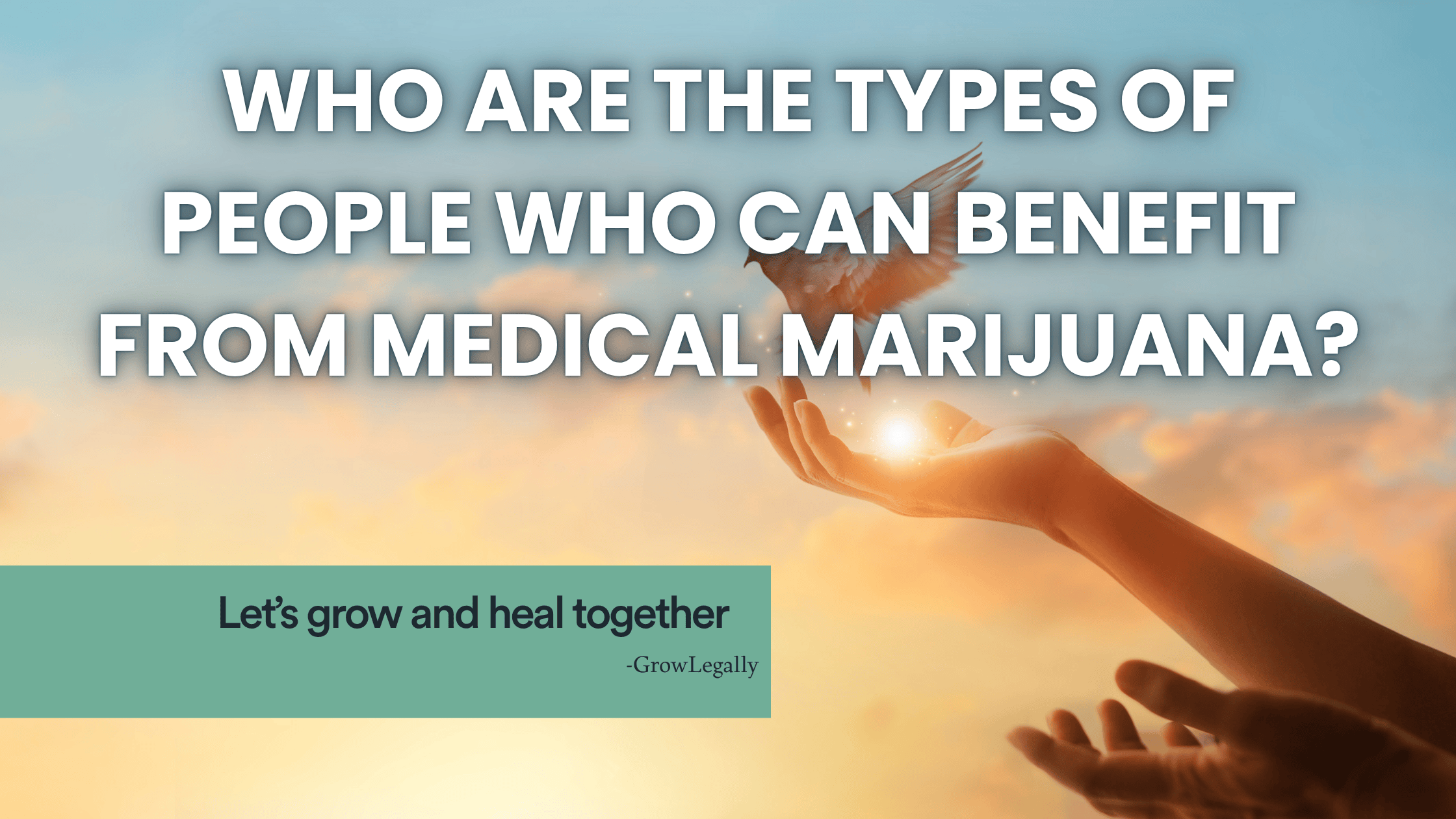


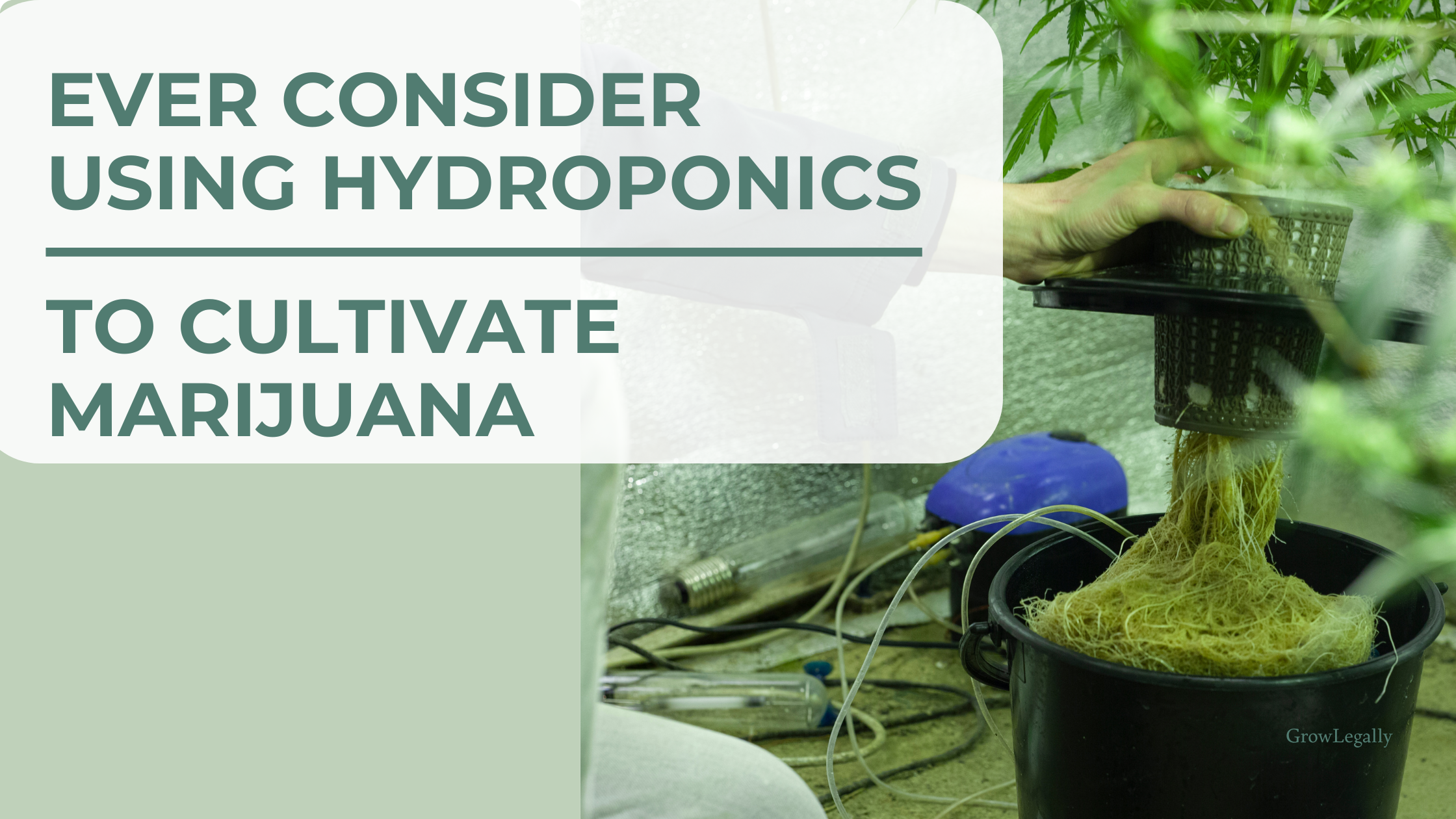
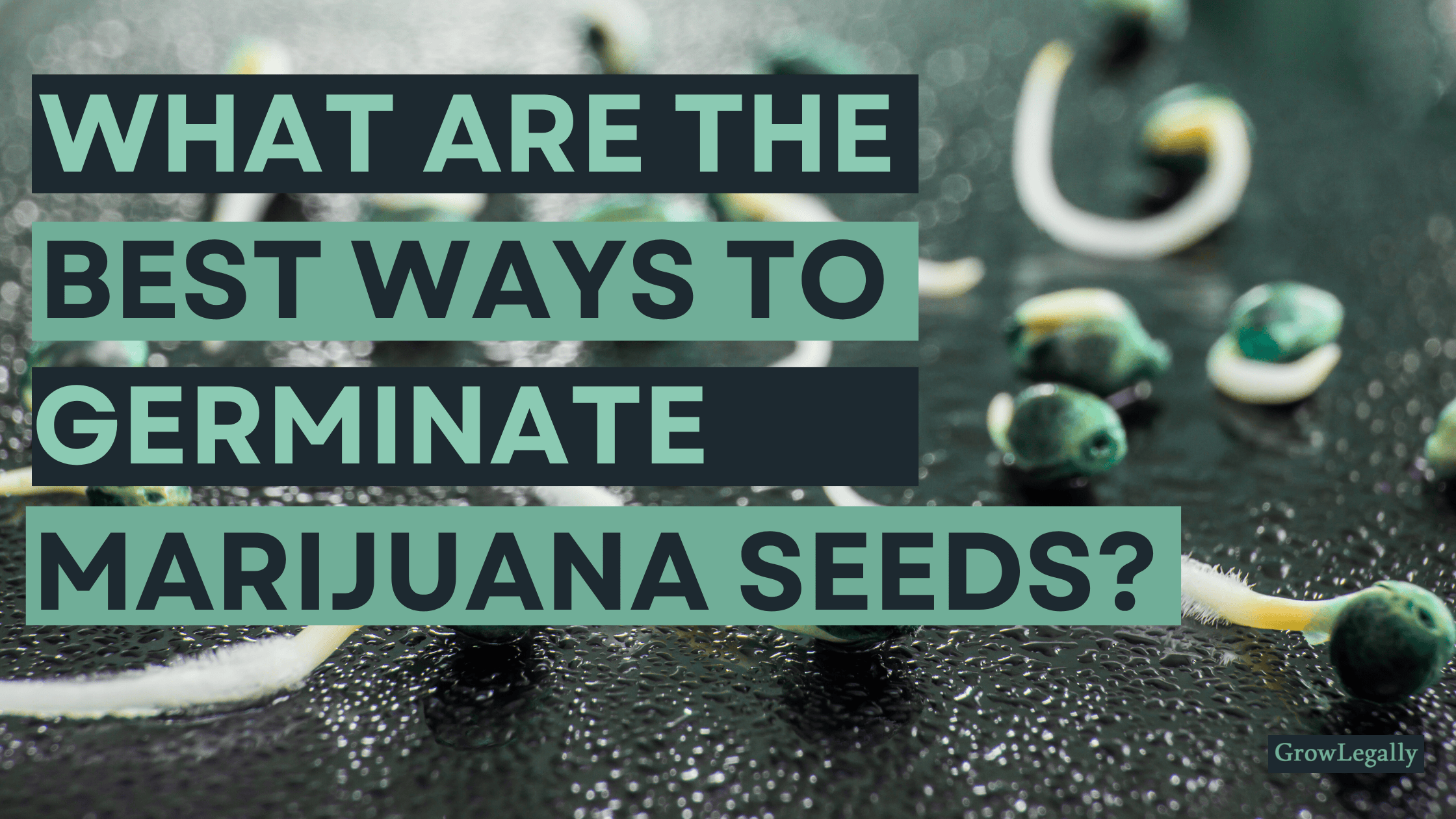
.png)
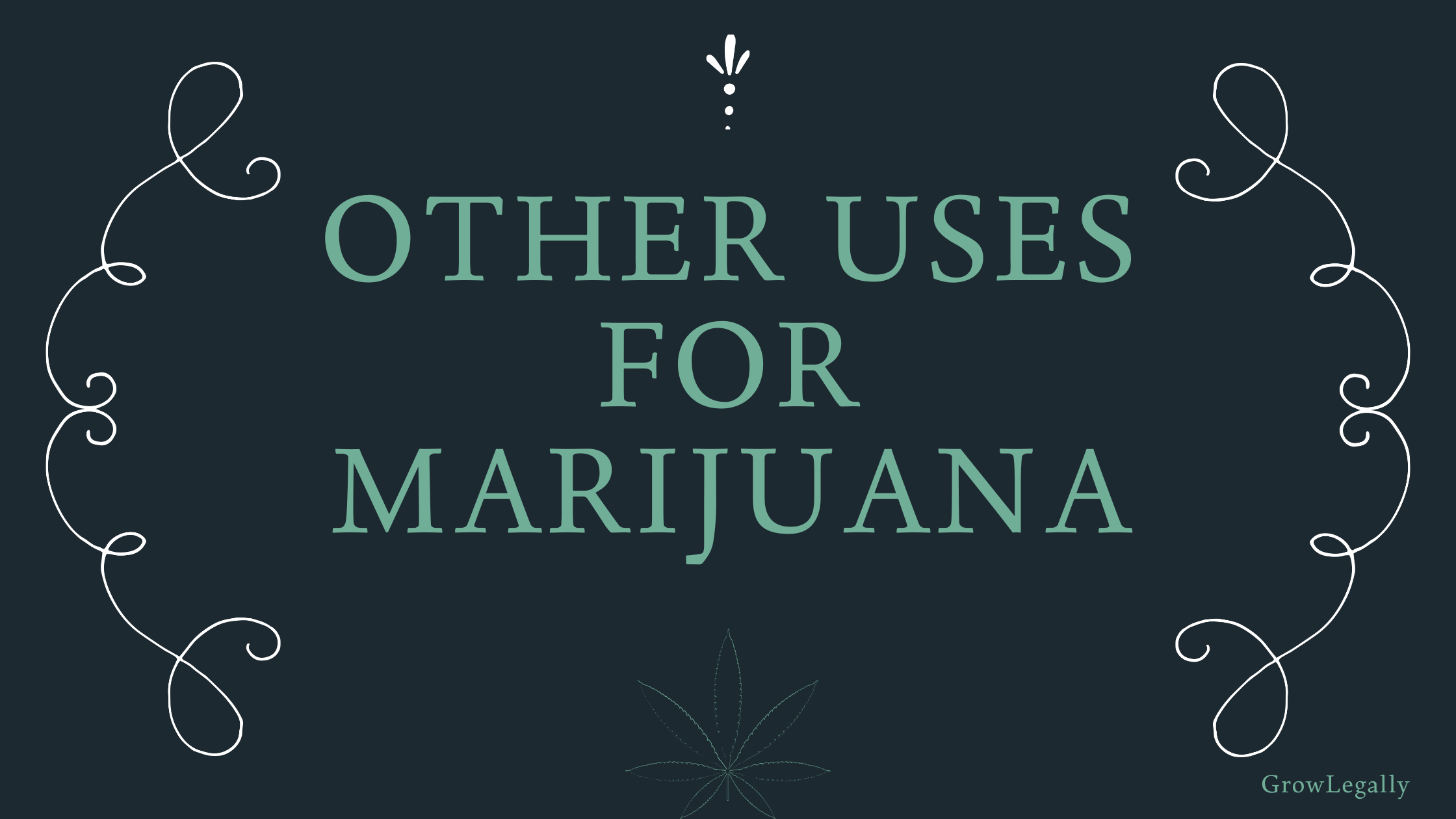
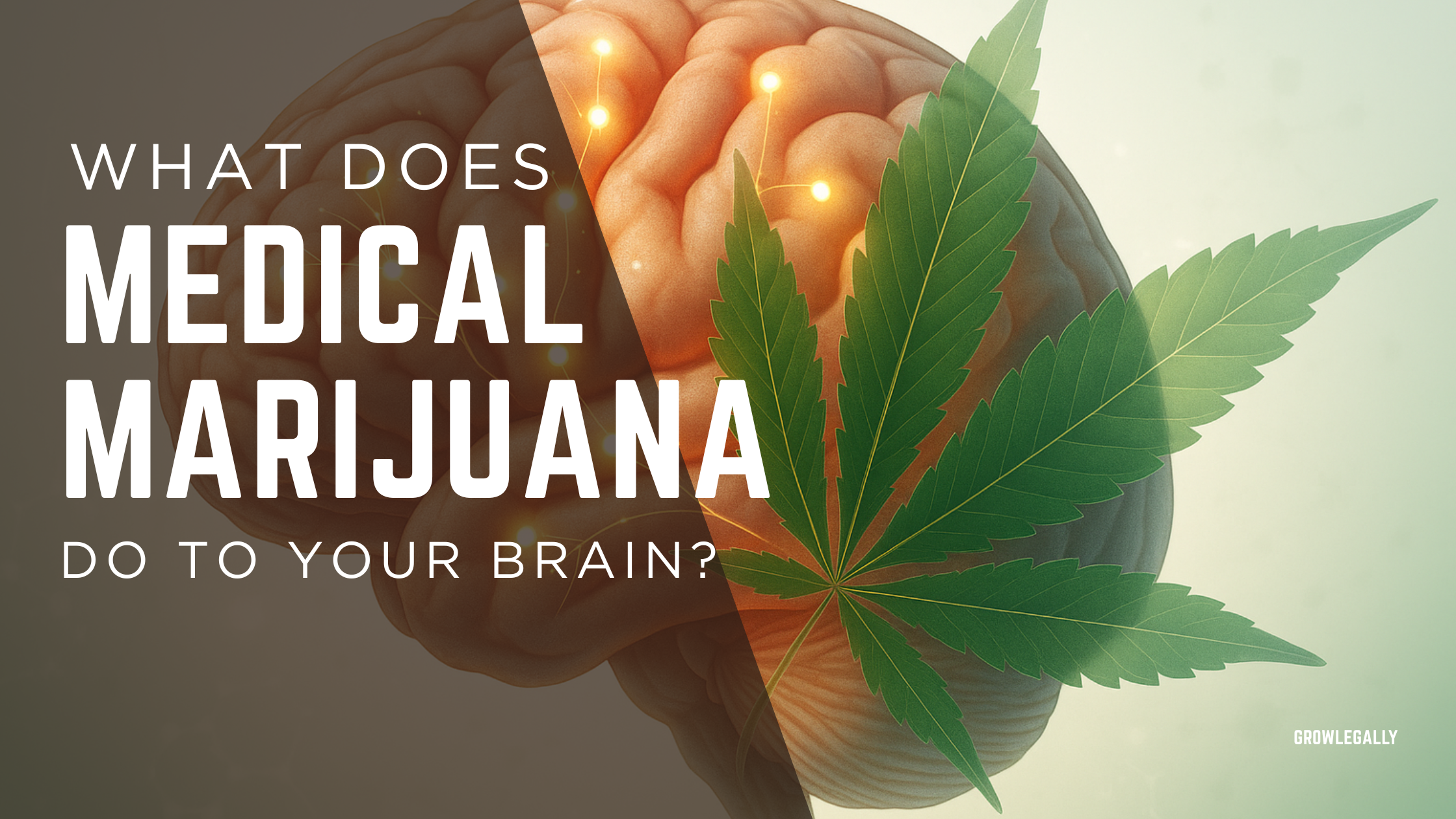
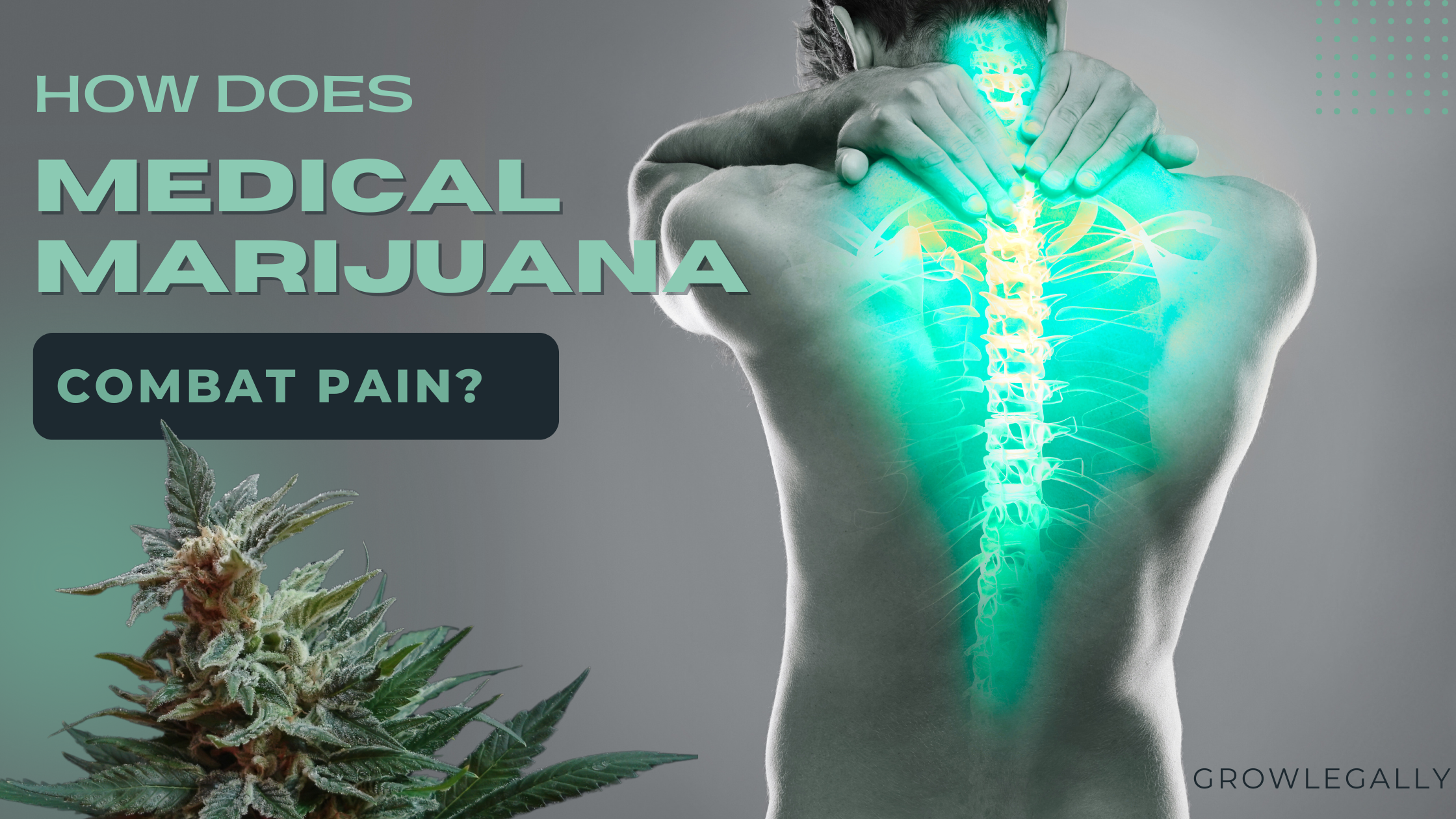
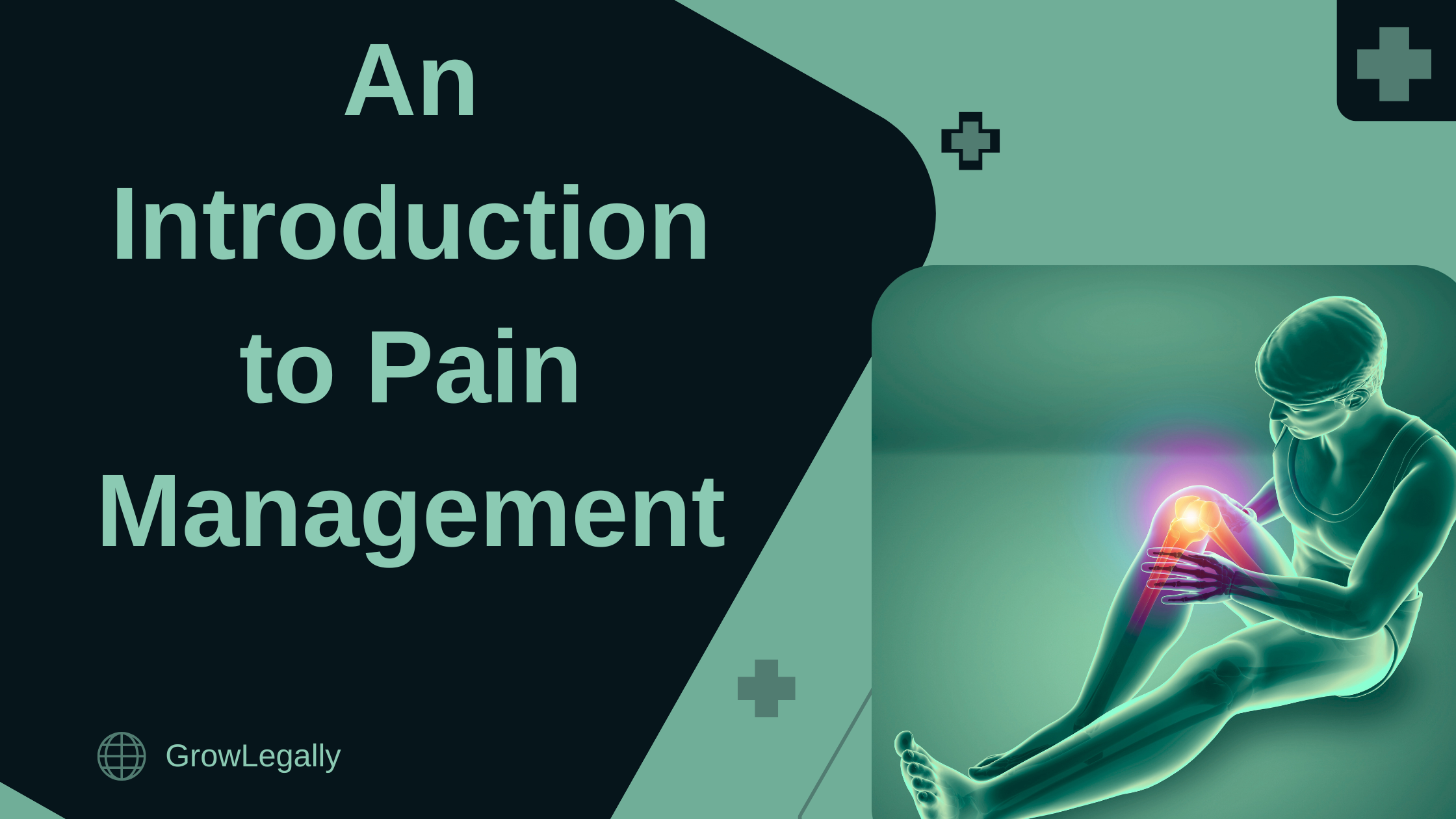
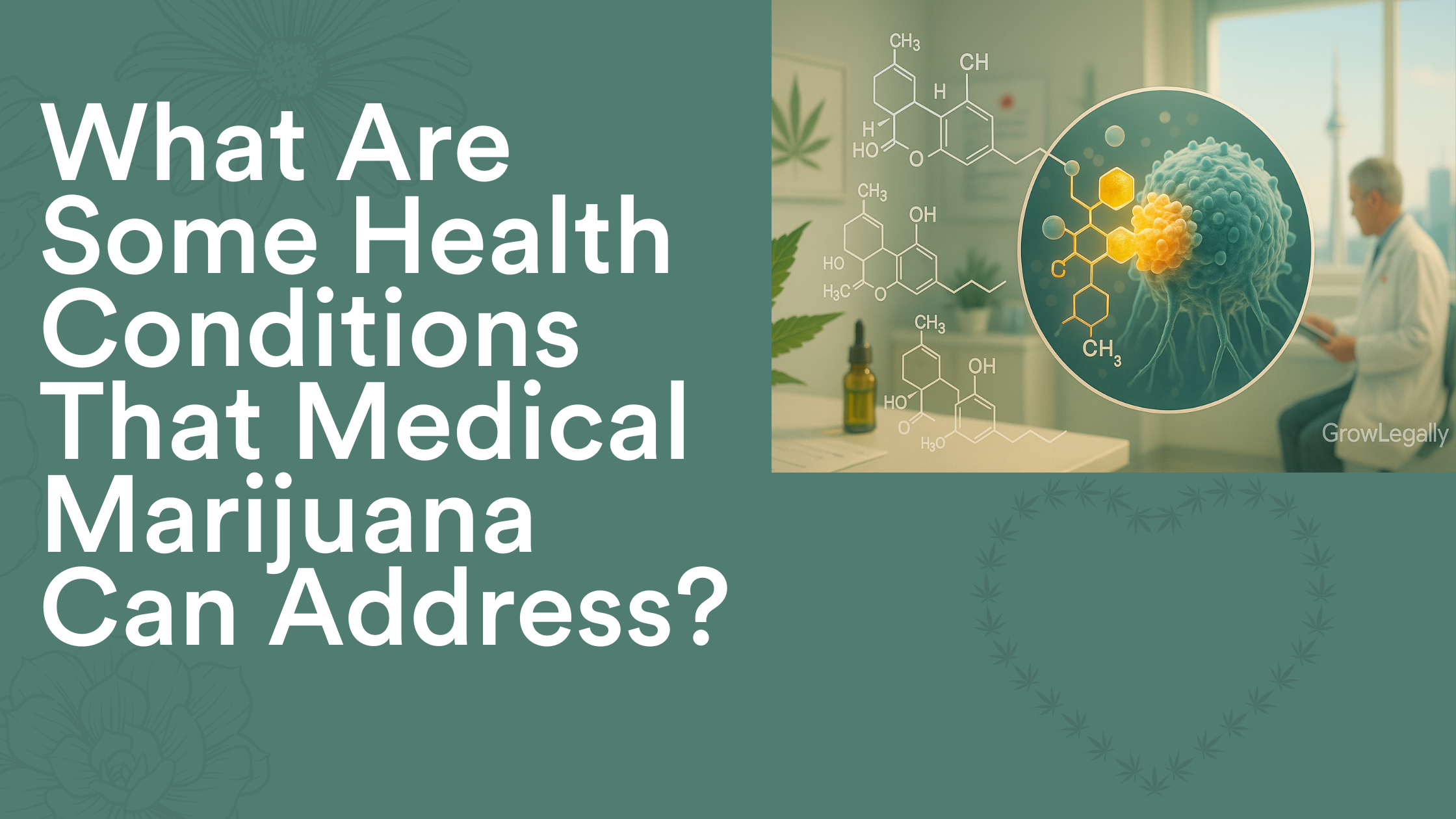
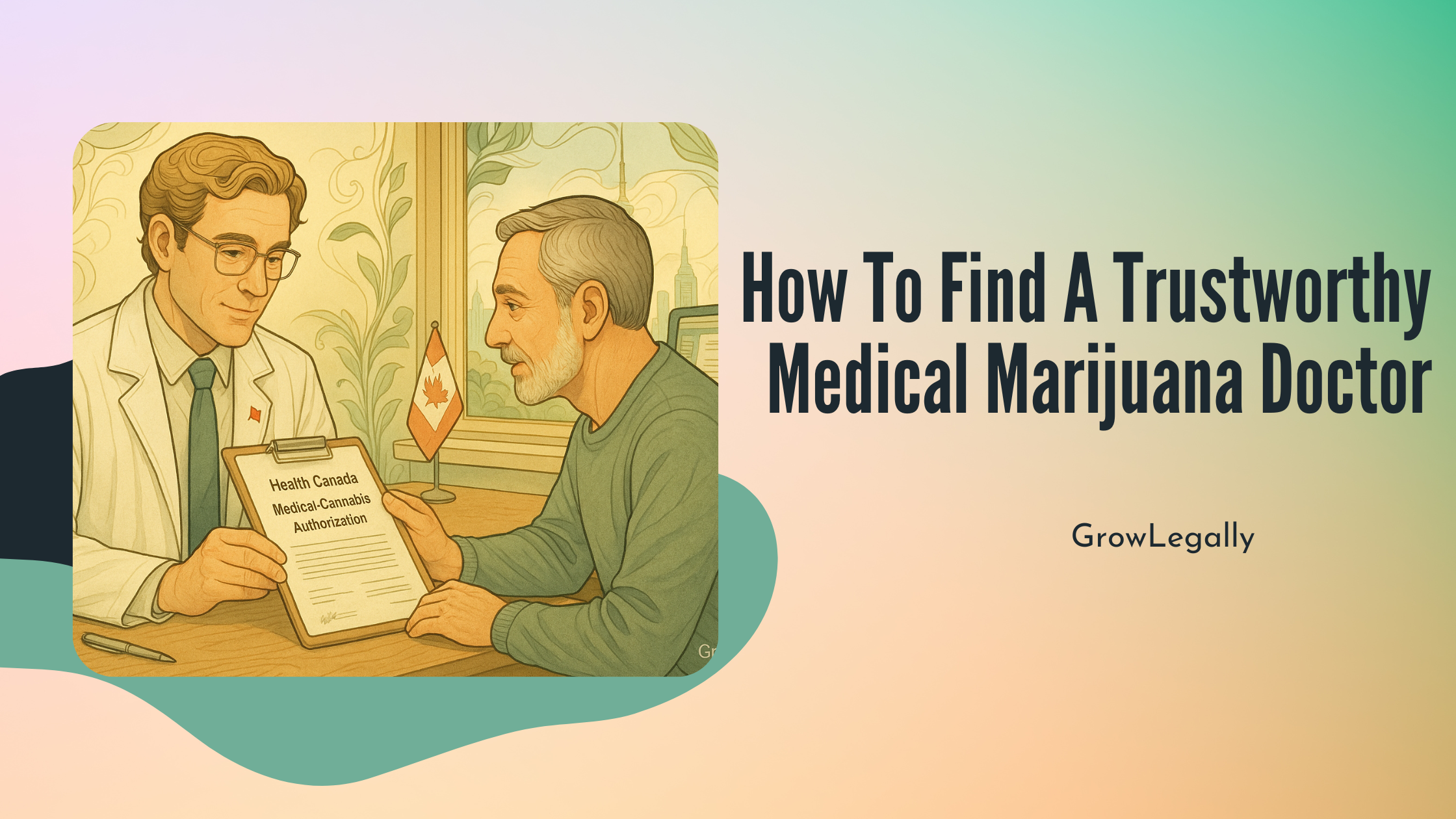

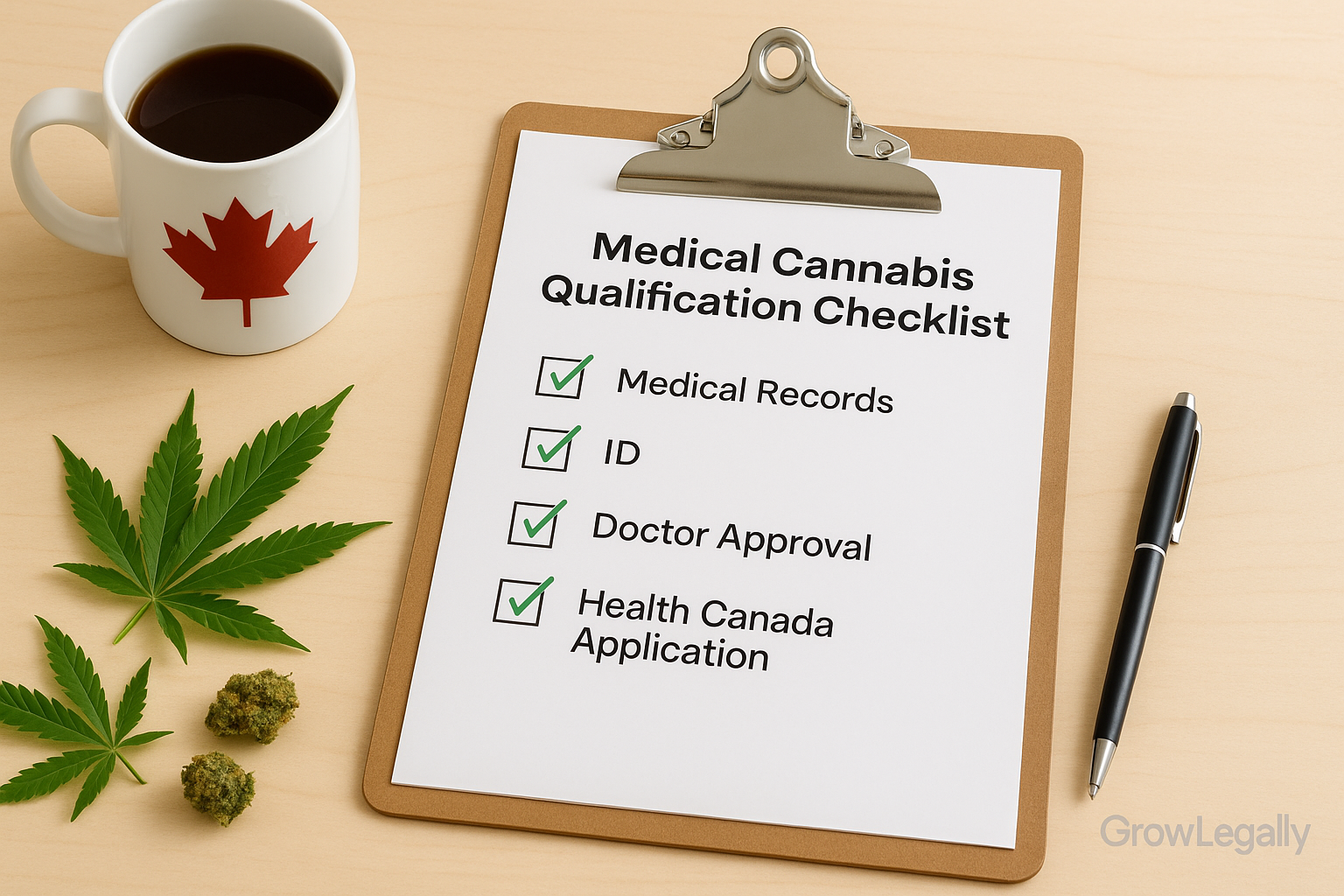
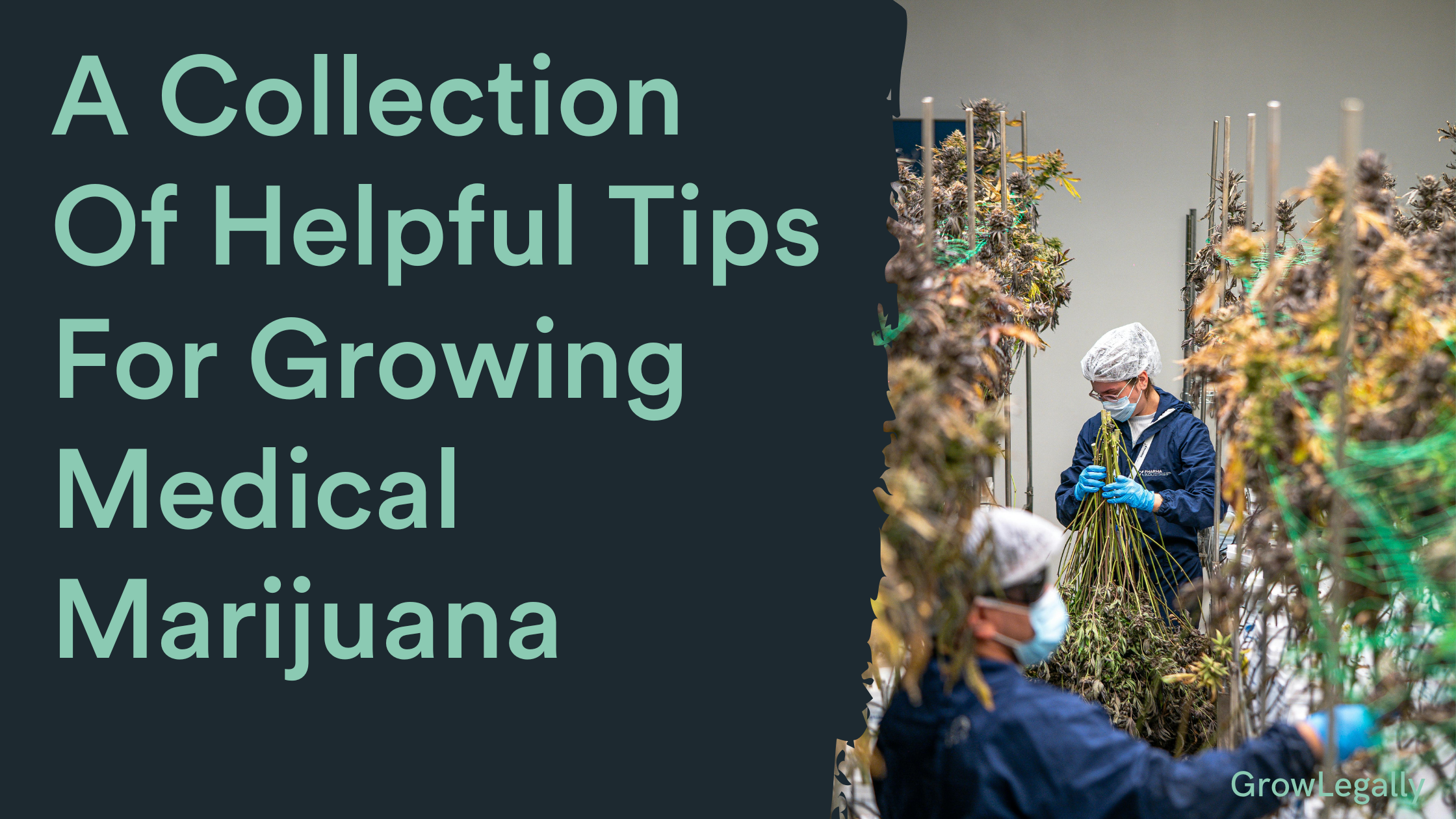
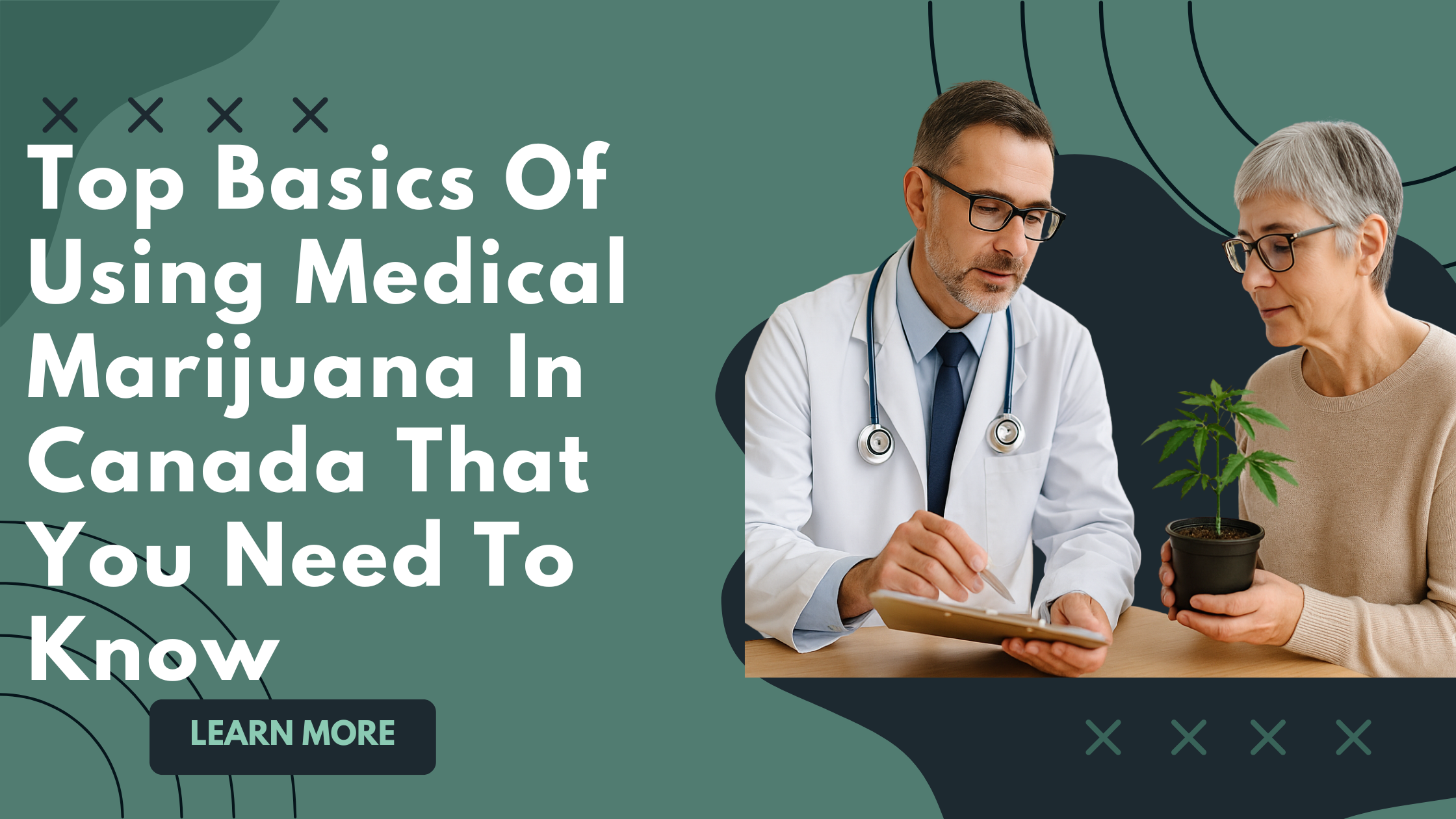
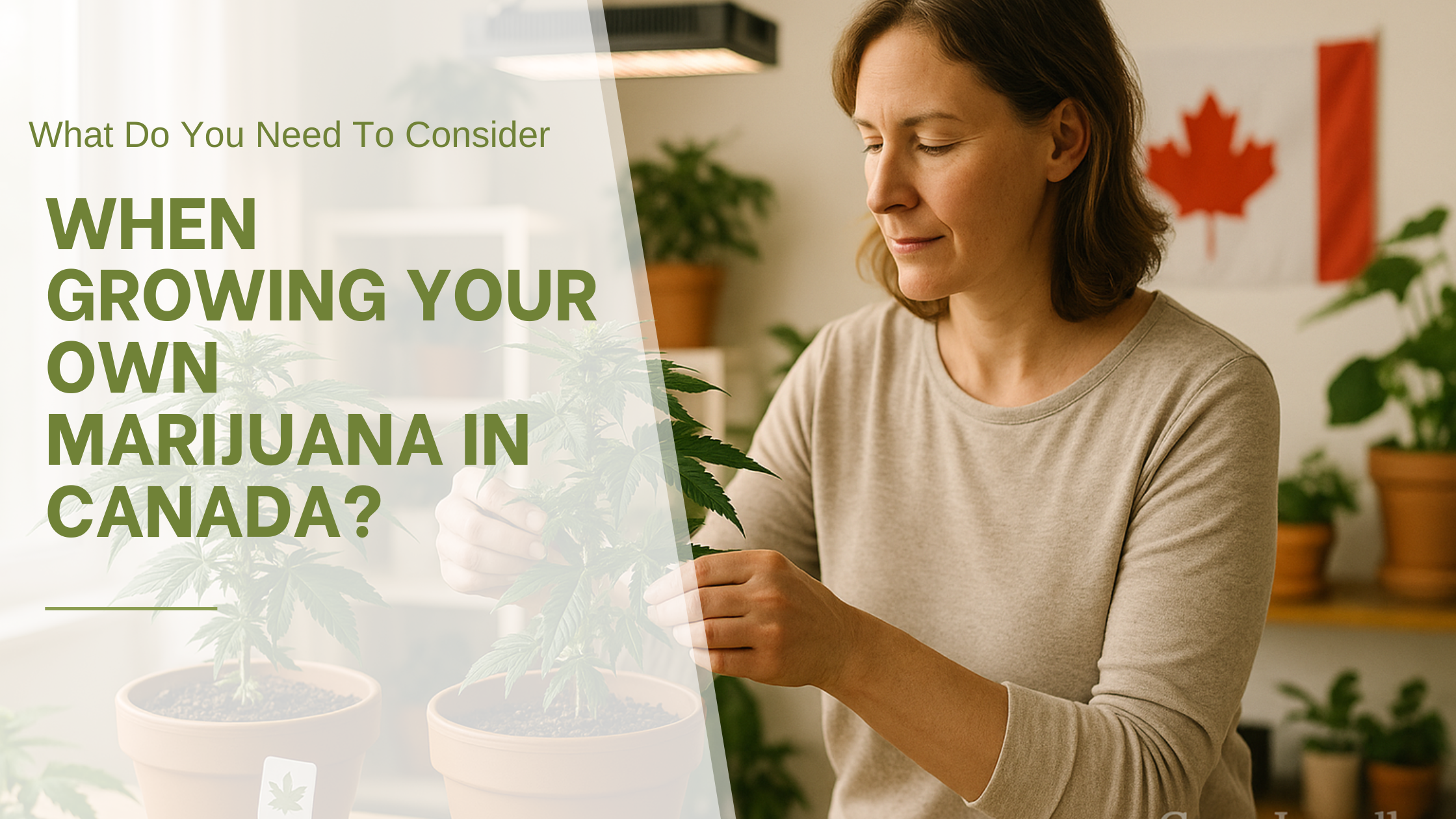


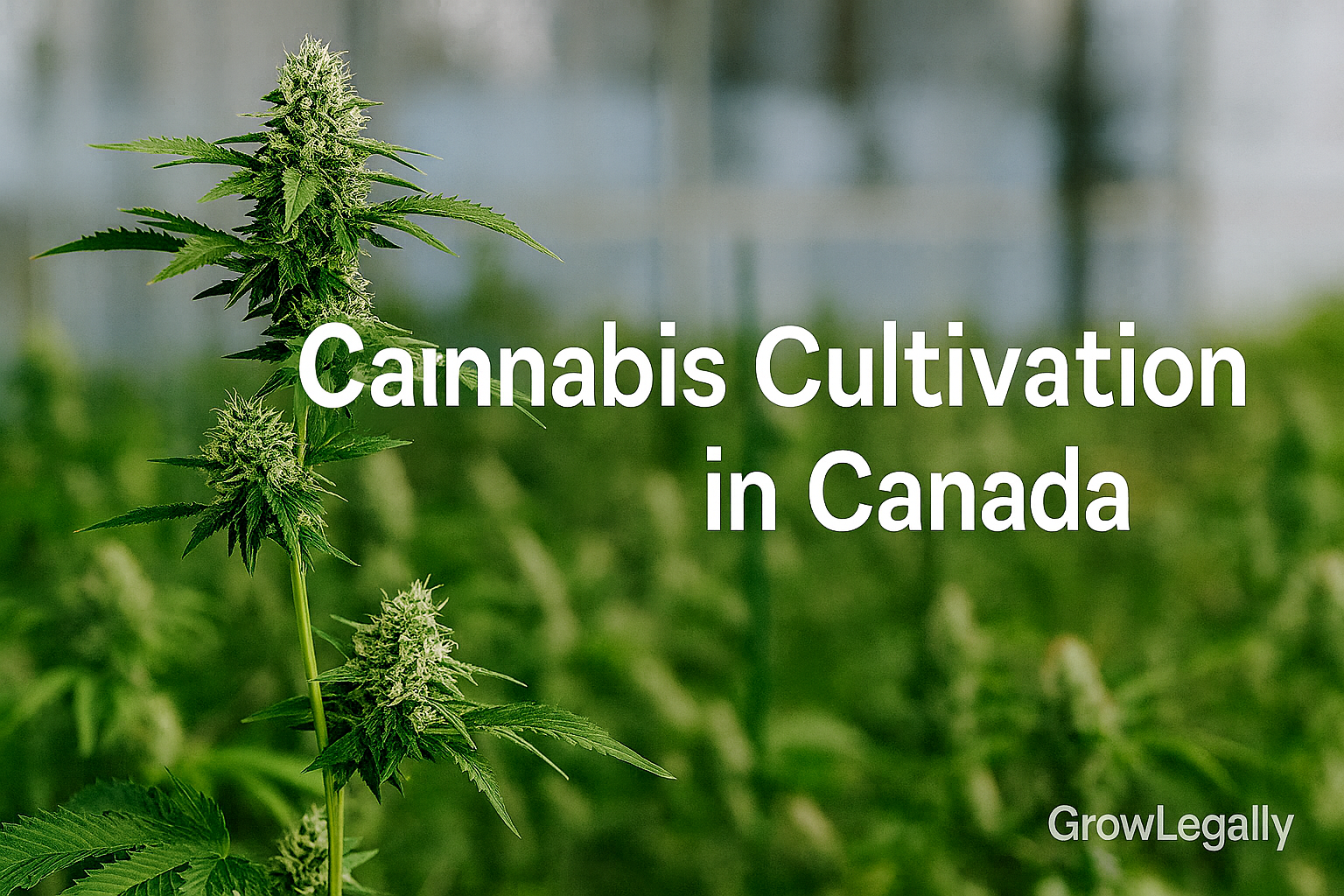
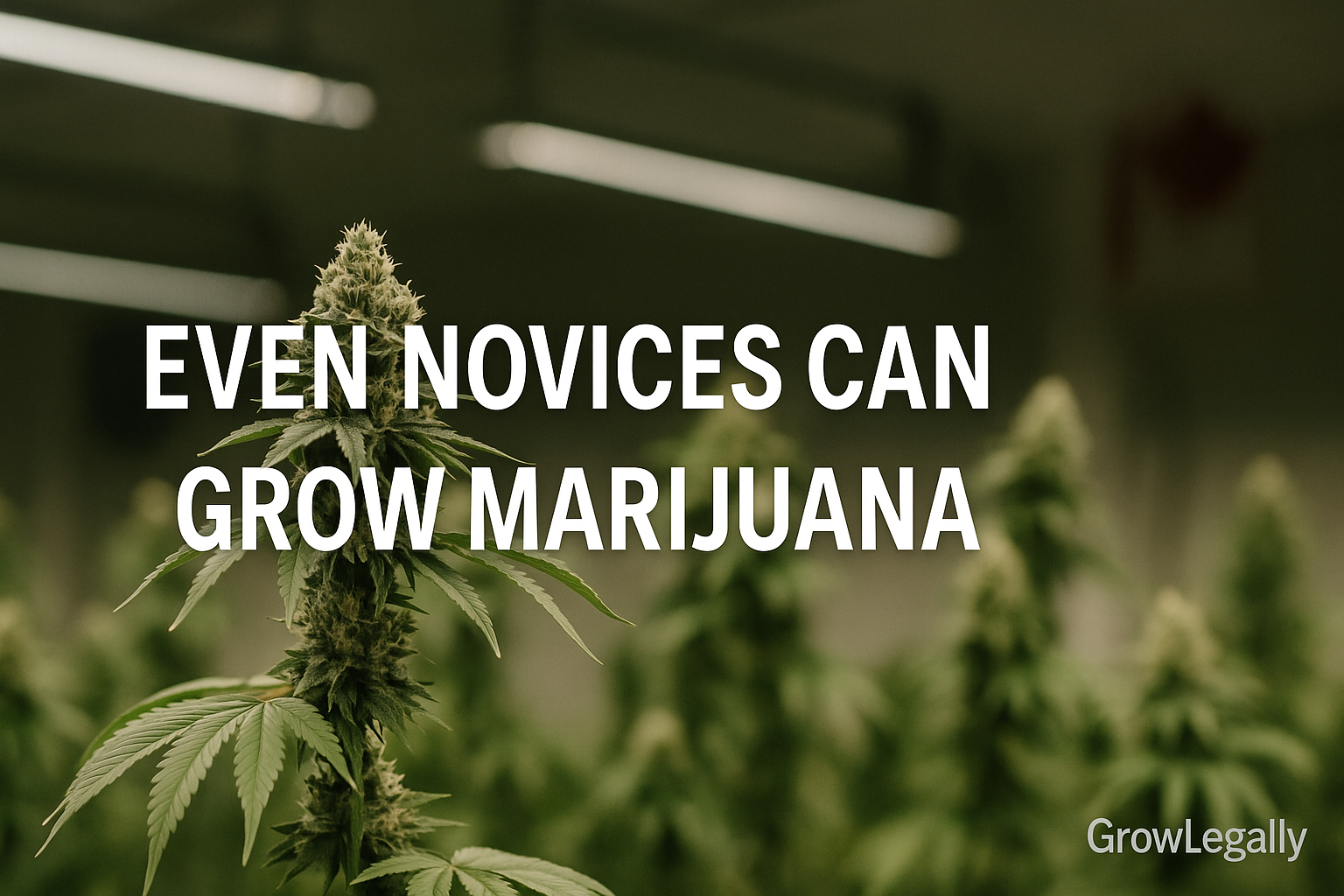


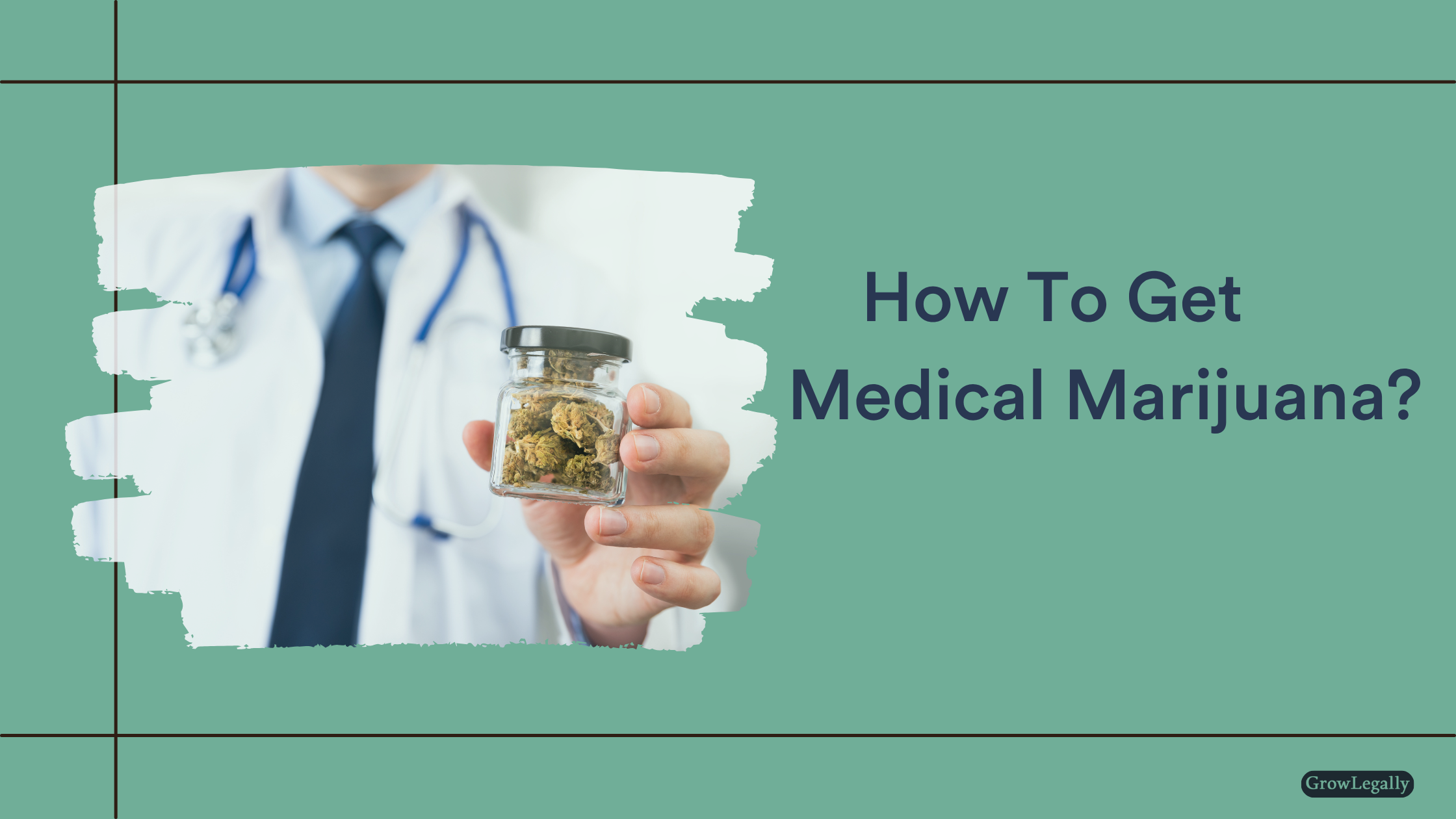

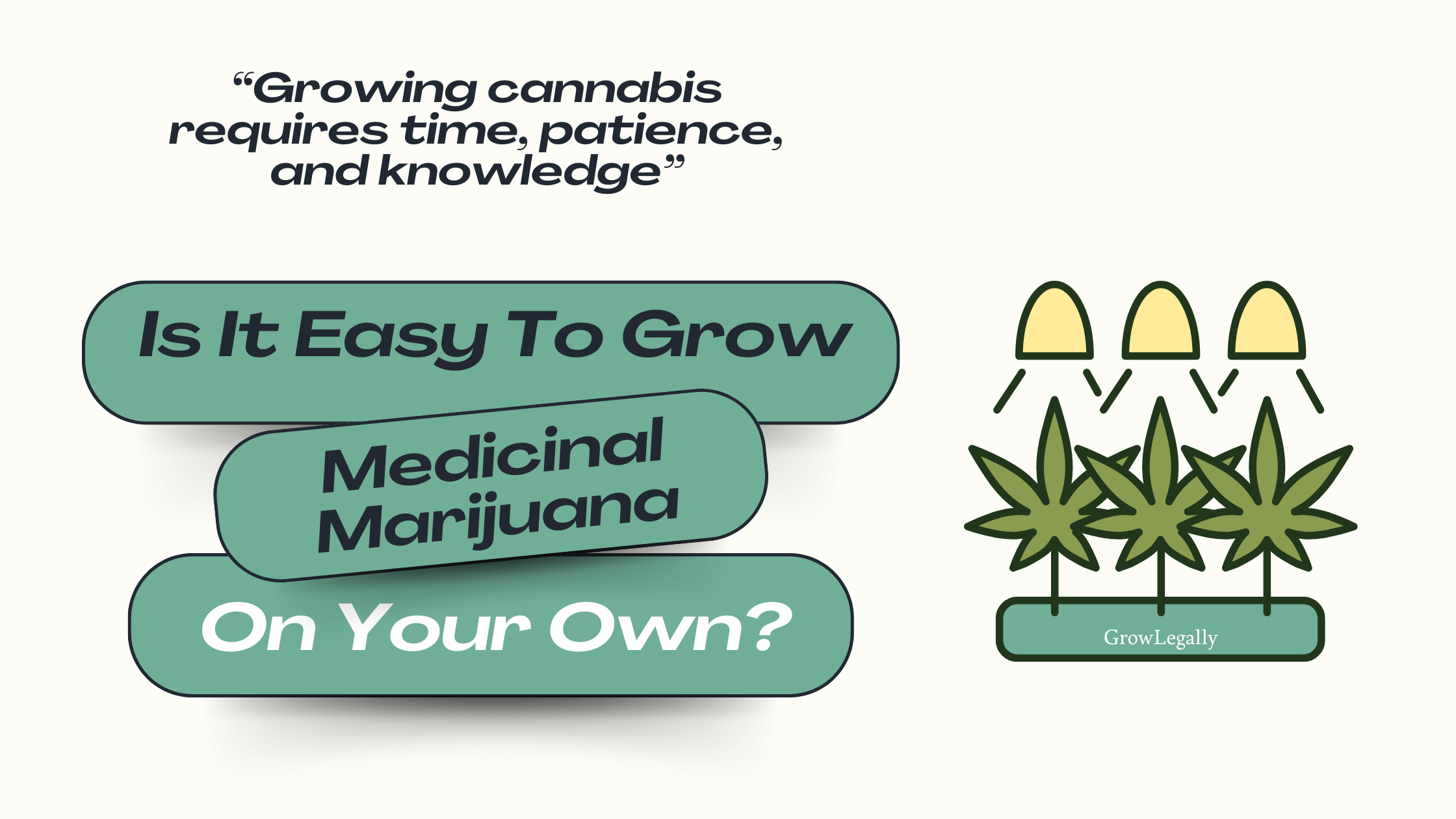
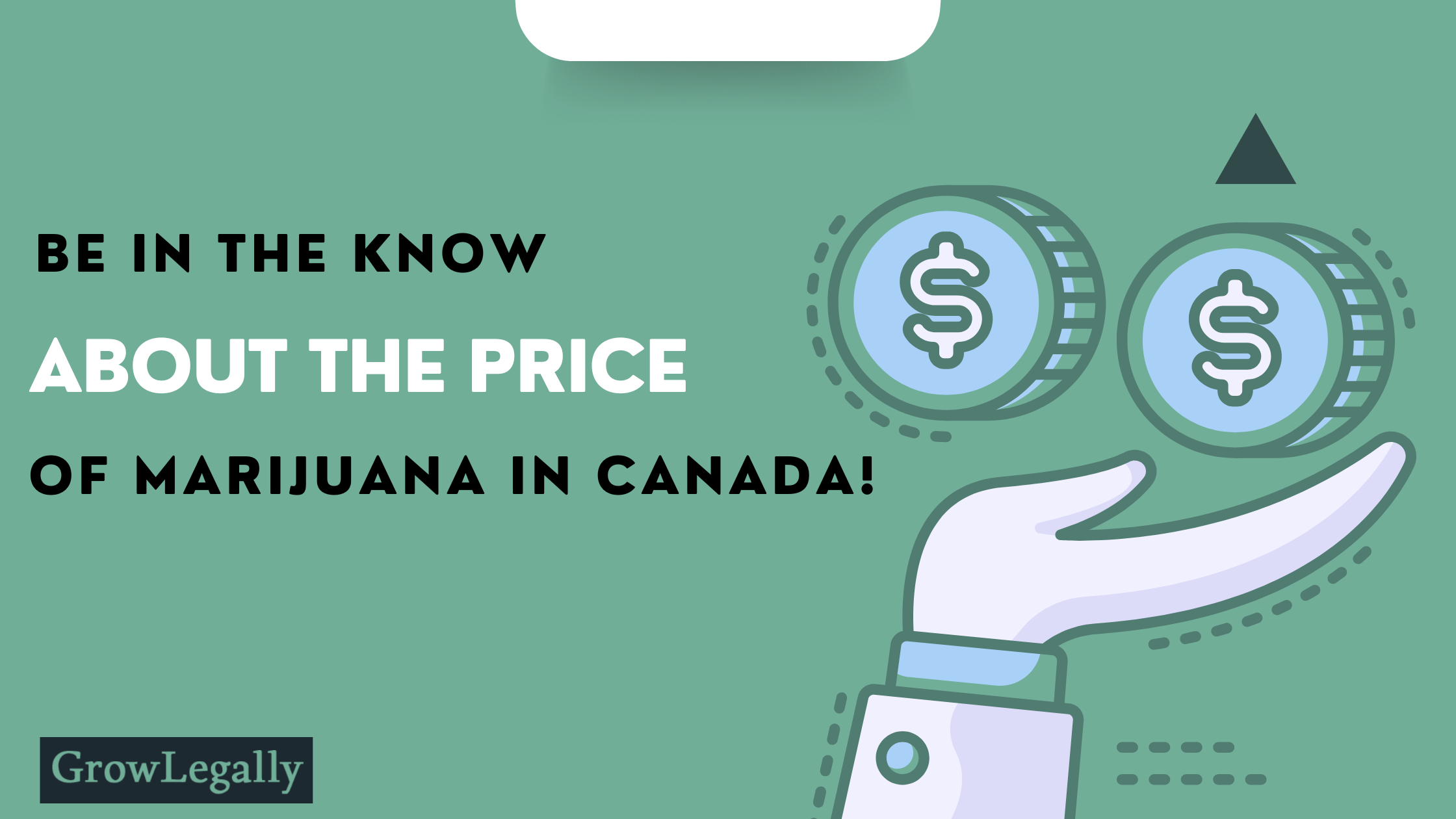





















.png)

















































.png)




























